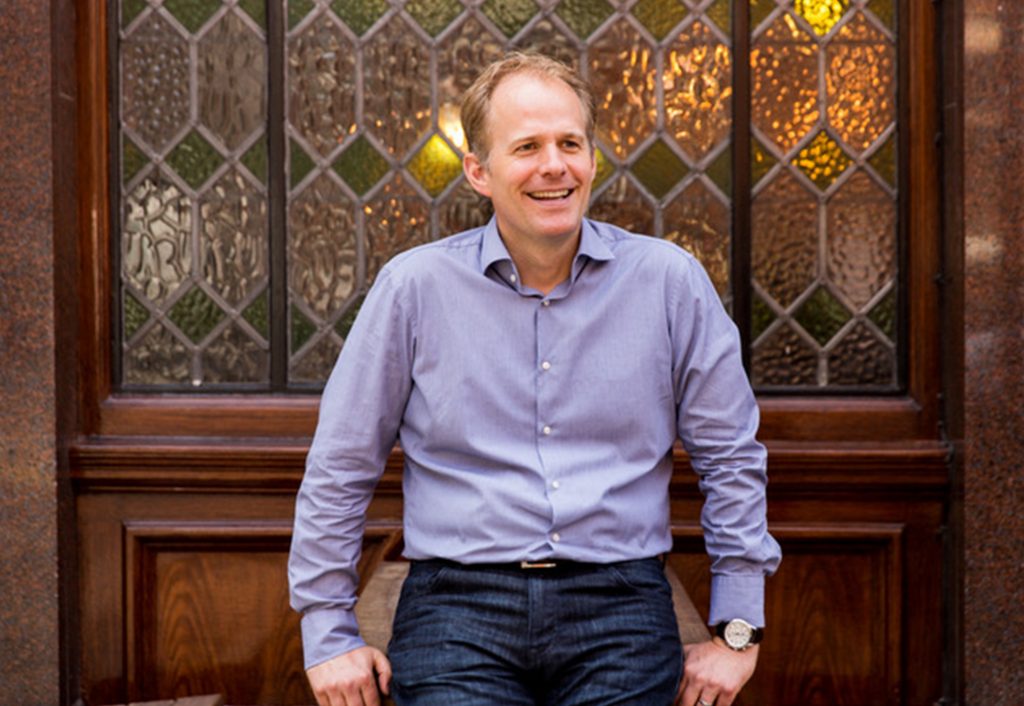It’s no secret – the past 16 months have been tough for experiential agencies. So, it’s thrilling to see live brand experiences bouncing back strongly. It’s also important to acknowledge and applaud the innovation we’ve seen during this time, fast-tracking industry progress and stretching the possibilities for brands, beyond what might have seemed possible pre-pandemic. The brand experience landscape is forever changed. As are the perceptions of it.
What does this mean for the future of experiential? What is the impact in terms of how brands (and which brands) are using the discipline, and how and why does this differ by market? Starting with those at the forefront; the US and UK.
The omni-channel mindset
Before the pandemic, US brands were more inclined than their UK counterparts to view experiential campaigns with an open, omni-channel mindset, looking to their agencies to create engaging experiences, regardless of the channel and developing more integrated activities. This forward-thinking “format-free” approach was not being embraced in the UK to the same extent.
Agencies could often be siloed or selected for their “specialisms”, and briefs were often more prescriptive, at times stifling the creative possibilities. The same brand types would incorporate brand experiences into their annual plans in the UK, in a somewhat formulaic style. While several of these brands remain on the experiential sidelines, we’re seeing the challengers stepping forward, with a more flexible, open-minded approach. Fully embracing the lull, or lethargy, from their big-brand competitors.
As US brands emerge into the recovery, it seems their hunger for this free-thinking approach has grown, as is their reliance and trust in their agencies to advise on the best and most appropriate approach.
Increasingly and refreshingly, brands are supplying briefs with no specific format in mind for their activation, willing to let the agency lead on how best to engage the target audience to meet campaign objectives. Idea first – execution second.
A cautious return
An activation for Henkel brand Zotos Professional (ZP) started out as a more traditional brand experience brief in a live environment, but evolved into a purely digital campaign, in order to deliver the best, most relevant and engaging experience for the audience in question. ZP was comfortable with the shift in format, so long as the integrity of the idea was maintained. It is one of a number of post-pandemic US activations being digitally led.
Indeed, the term “hybrid” appears to be the new normal, with agencies now able to offer clients the best of what went before, while also drawing on the innovation seen during the pandemic to amplify and deepen experiences. Live activations have a live-stream element. Digital is booming.
Brands are understandably cautious, so it makes sense that they’re leaning towards digital/virtual activations, but with more live elements being built into the mix than was the case a few months back. In this way, digital technology is helping to accelerate the experiential revival in the US.
There’s been a similar, if slightly more cautious, return to brand experiences in the UK, but in a more traditional way, with touring activations across the country still popular to reach consumers nationwide, rather than digital amplification.
However, there are signs that UK brands are taking a broader view. A recent survey of about 100 brand marketers found that 91% felt brand experience didn’t just have to mean live, which is unlikely to have been the case 16 months ago. So it appears that brands are starting to open their eyes to other forms of activation and potentially looking to their brand experience agencies to offer this range of options – just not as enthusiastically as in the US.
The contrast could well be due to the sheer scale of the US compared with the UK, forcing brands and agencies to explore efficient ways to achieve reach for the experiences they create, making PR-able stunts and campaigns with a social or digital aspect more typical.
However, by embracing a hybrid, omni-channel future, the UK will not only be able to rise to consumers’ hunger for experiences, but also deliver more effective activations that also acknowledge the acceleration of digital technology that’s taken place during the pandemic.
The future of experiential
It’s telling that YouGov’s tracker informs us that “boredom” and “frustration” are the strongest emotions currently felt by the British people, replacing “stressed” and “scared”.
Brands can meet this demand with exciting, engaging activations delivered in the most appropriate way, not only with respect to health and safety restrictions but also reflecting where the audience is and what they want to do, embracing digital technology and social media to build engaged communities united through experience.
US brands are setting the pace in this new world of experiential and, as if often the case, we foresee a similar trend emerging in the UK.
Sarah Priestman is President at Sense New York, and Nick Adams is Global CEO of Sense.
This article first appeared in Campaign Magazine, July 21st 2021.

